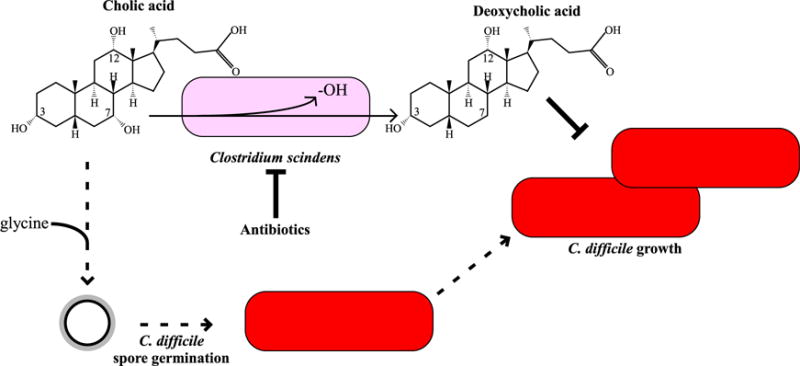Figure 1. C. scindens 7α-dehydroxylation Prevents C. difficile Growth.

Upon entry into the colonic environment, the 7α-hydroxyl group on cholic acid is removed to produce deoxycholic acid by select members of the colonic microbiota, including C. scindens (Ridlon et al., 2006). Deoxycholic acid inhibits C. difficile vegetative growth (Sorg and Sonenshein, 2008). During antibiotic treatment, the organisms that 7α-dehydroxylate bile acids are killed, leading to an increased abundance of cholic acid derivatives in the colonic environment (Theriot et al., 2014). These compounds, in combination with glycine (Sorg and Sonenshein, 2008), germinate C. difficile spores, which can then grow out as vegetative cells and cause disease.
